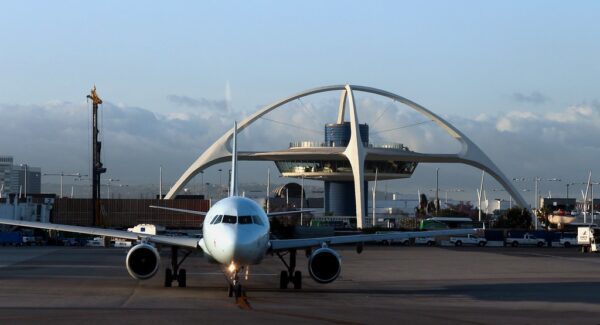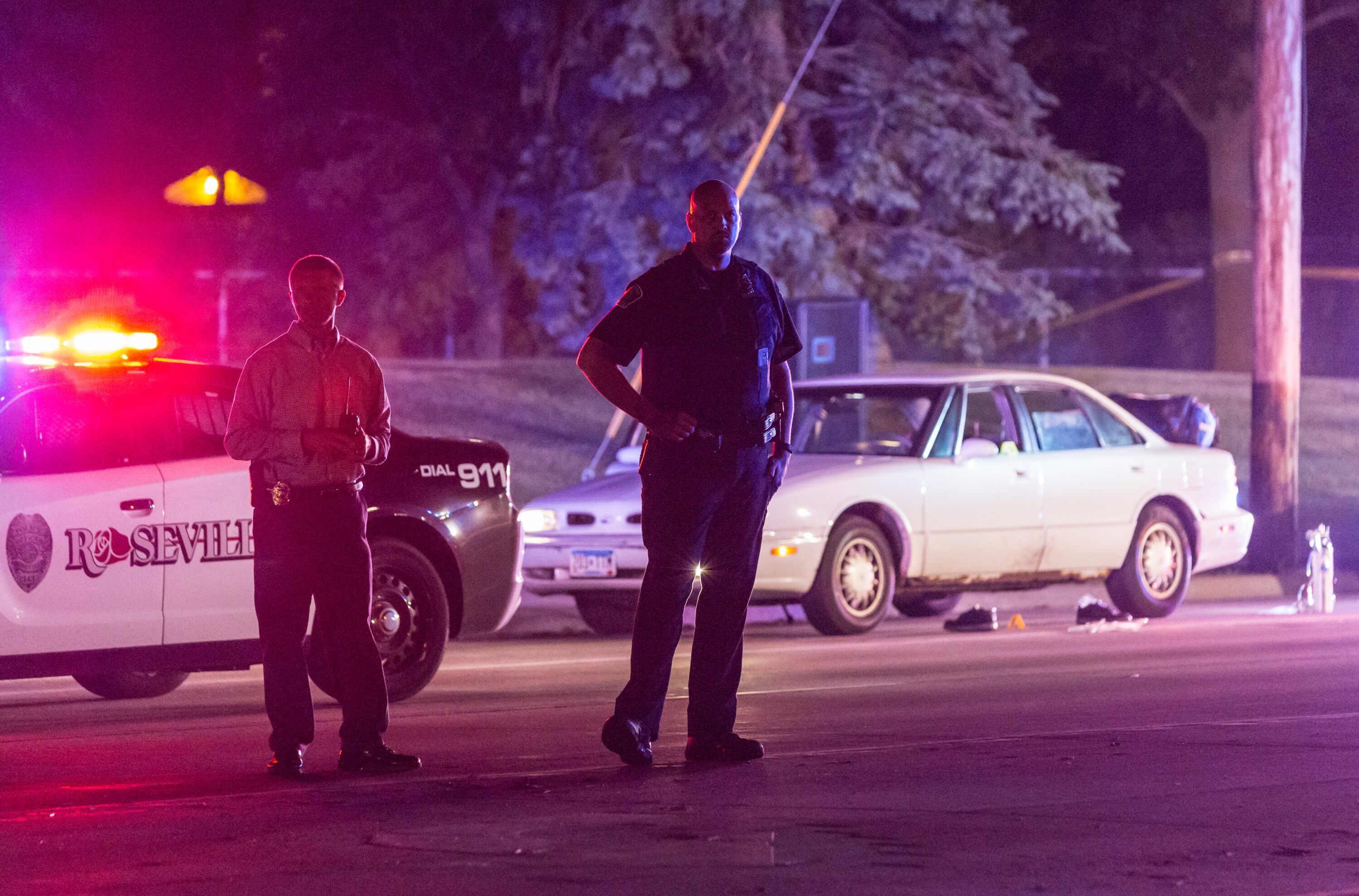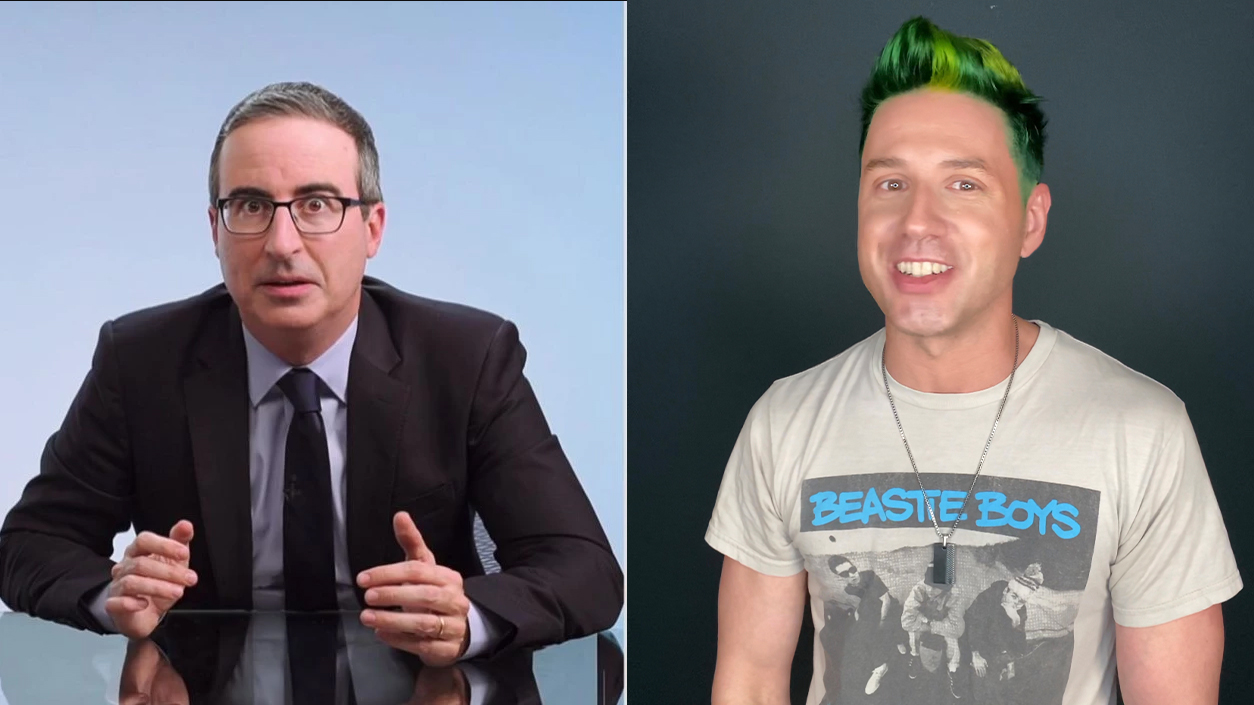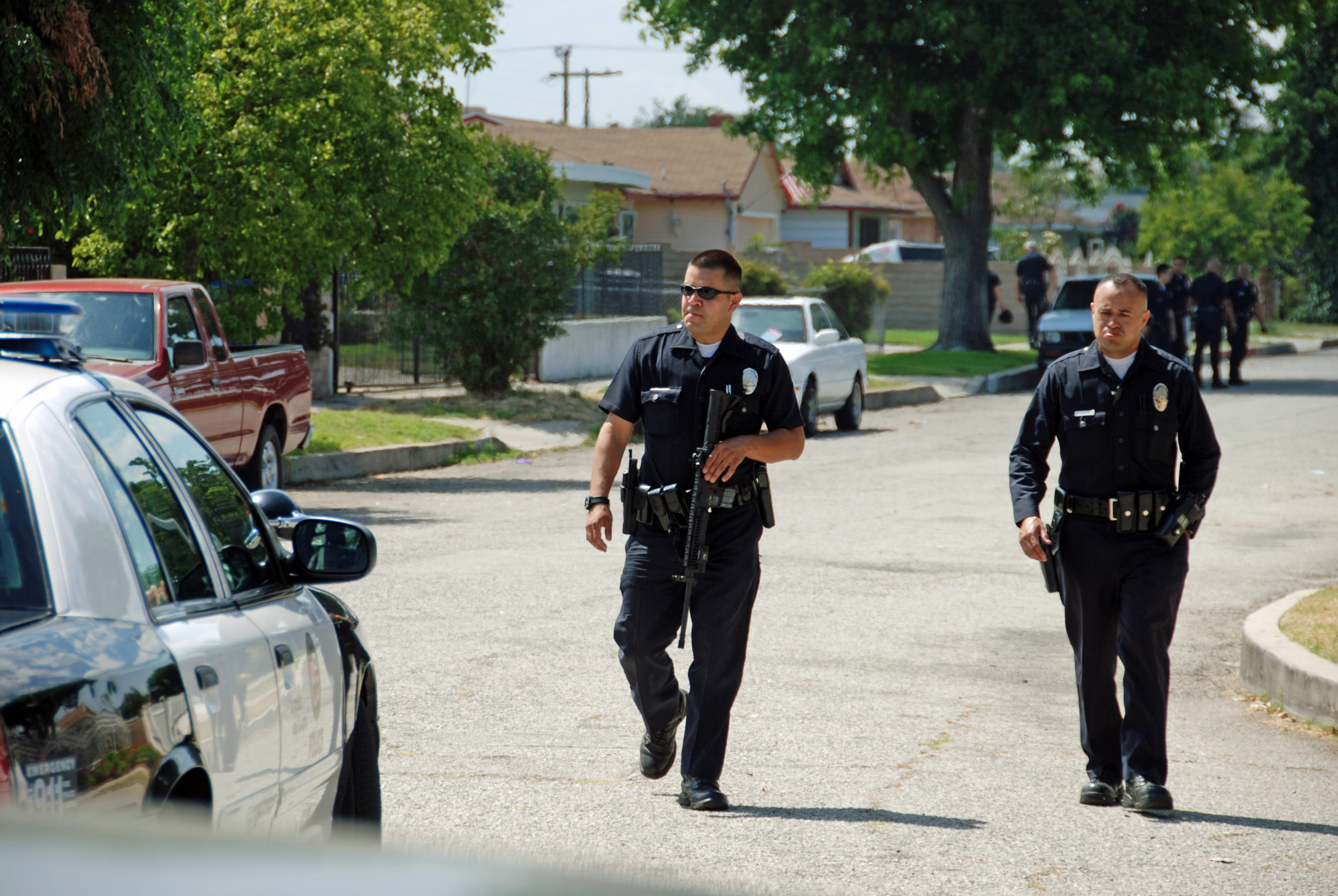Local and state officials will kick off an anti-human trafficking campaign at the Los Angeles International Airport on Tuesday to spread awareness ahead of the Super Bowl, which, like other large events, is susceptible to high levels of human and sex trafficking.
The airport installed signs on its digital screens and in the airport’s 460 restrooms to share resources for people who want to report suspected human trafficking and abuse before, during and after the Super Bowl on Feb. 13.
The efforts are part of the It’s A Penalty campaign, which works to prevent abuse, exploitation and human trafficking worldwide, particularly during large sporting events. The signs feature this year’s It’s A Penalty campaign ambassadors, Los Angeles Rams player Johnny Hekker, Tampa Bay Buccaneers player Chris Godwin and Green Bay Packers player Aaron Rodgers.
“Large events, such as the Super Bowl, can lead to increased instances of human trafficking due to a high influx of visitors,” It’s A Penalty states on its website. “And when it comes to the prevalence of commercial sex industries, California is particularly vulnerable because of its proximity to international borders, number of ports and airports, significant immigrant population and large economy that includes industries that attract forced labor.”
On Tuesday, It’s A Penalty’s CEO Sarah de Carvalho will kick off the campaign at LAX with California Attorney General Rob Bonta and L.A. City Council President Nury Martinez, along with representatives of the airport, the Los Angeles Board of Airport Commissioners, Uber, Airbnb, American Airlines, A21 and the U.S. Institute Against Human Trafficking.
Uber is also participating in the campaign by displaying the national human trafficking hotline, 1-888-373-7888 and a local reporting hotline on 2,500 of its vehicles. American Airlines and Southwest Airlines will show an inflight film aboard its January and February flights to spread awareness, as well.
The campaign also sent Los Angeles-area Hilton, IHG and Motel 6 hotels posters and pens with the hotline number to display for the public, and hotel staff will receive posters of missing children to keep an eye out for them during the Super Bowl. Hilton and IHG staff will also receive training on how to identify and report human trafficking.
It’s A Penalty was created in collaboration with the nonprofit A21 in 2014 to harness the attention around sports to prevent human trafficking and abuse. It educates sports fans and the public on how to identify human trafficking and what penalties the offenses carry.
According to its website, it classifies human trafficking as a “major issue” in Los Angeles and the U.S.
“Children as young as 12 years old are being sold for sex in Los Angeles, California, where the area’s tourism industry, adult entertainment industry and international seaports and airports create a lucrative, and highly accessible, environment for traffickers,” It’s A Penalty states as part of its L.A. Super Bowl anti-trafficking campaign.
Nationwide, It’s A Penalty estimates that between 100,000 and 300,000 children have been trafficked and sold into the sex industry, citing the California Human Trafficking Factsheet.
It has launched campaigns at nine other Super Bowls, as well as Olympic games, World Cups and European Championships.
The campaign urges the public to “know the signs” of a human trafficking victim, which can include people who:
— lack official identification documents;
— avoid eye contact, social interaction, and authority figures/law enforcement;
— have tattoos or a branding on their body, which can be a way for traffickers to identify them;
— are not allowed to go into public alone or speak for themselves;
— seem to adhere to scripted or rehearsed responses in social interaction;
— show signs of physical injuries and abuse, however, human trafficking victims are often harmed in areas that don’t affect their appearance;
— seem to not know where they are, with an inability to clarify where they are staying;
— have little to no knowledge of the local language;
— were recruited through false promises concerning the nature and conditions of their work;
— live somewhere with high security measures; and
— have few or no personal possessions or control over their finances.
More information about the campaign and how to spot and report human trafficking is available at itsapenalty.org.







